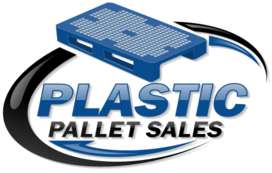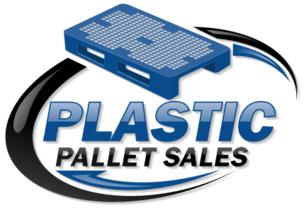Plastic Pallets for Chemical Spill Containment: A Comprehensive Guide
Plastic Pallets for Chemical Spill Containment: A Comprehensive Guide
Spills and leaks are an inevitable part of any industrial or chemical handling process. Without proper and effective containment measures, these spills can cause environmental damage and pose serious threats to human health and safety. Plastic pallets have come into the limelight as a popular solution for effective chemical spill containment in recent years. Let’s dive deeper into the world of plastic pallets and explore how they can help achieve safe chemical handling practices.
Types of Plastic Pallets
There are primarily two types of plastic pallets available in the market – high-density polyethylene (HDPE) and polypropylene (PP).
HDPE pallets are sturdy and resilient, making them ideal for heavy loads and rough usage. Moreover, they are lightweight, easy to clean, and resistant to chemicals, making them suitable for harsh industrial and chemical applications.
On the other hand, PP pallets are lightweight, durable, and have high load bearing capacity. They are also resistant to chemicals, temperature fluctuations, and UV rays. PP pallets are more expensive than HDPE pallets but are ideal for long-term use, especially when there is frequent exposure to chemicals.
Benefits of Plastic Pallets for Chemical Spill Containment
1. Chemical Resistant: Plastic pallets are made with materials that are highly resistant to chemicals. That means they won’t corrode or react with chemicals, ensuring maximum protection for the environment. They also prevent any leaching or contamination of the chemicals into the environment, maintaining safe handling practices.
2. Easy to Clean and Maintain: Plastic pallets are easy to clean and maintain, making them a cost-effective solution to chemical spill containment. They can be easily cleaned using a hose or pressure washer, and they dry quickly. Moreover, they don’t need regular painting or maintenance like other types of pallets.
3. Durable and Long-lasting: Plastic pallets have a long lifespan, even when exposed to harsh industrial and chemical environments. They are resistant to wear and tear, and they don’t crack or splinter like wood pallets. Moreover, they can hold heavy loads, making them an ideal choice for transferring bulk chemicals.
4. Eco-Friendly: Plastic pallets are recyclable, and they don’t end up in landfills like wood pallets. When plastic pallets reach the end of their life cycle, they can be recycled and used again. Furthermore, they don’t require deforestation, making them an eco-friendly choice.
5. Cost-Effective: Plastic pallets are more expensive upfront than wood pallets, but they save money in the long run. They don’t require regular repairs or maintenance, and they last longer than wood pallets. Moreover, they prevent environmental damage and reduce the risk of fines or penalties for companies.
FAQs about Plastic Pallets for Chemical Spill Containment
1. How do plastic pallets prevent chemical spills?
Plastic pallets are made with materials that are highly resistant to chemicals. That means if there is a spill, the pallets won’t corrode or react with the chemicals, preventing leaching and contamination of the product. Moreover, plastic pallets are easy to clean and maintain, reducing the risk of any spills or leaks.
2. Are plastic pallets suitable for all types of chemicals?
Yes, plastic pallets are highly resistant to most types of chemicals, making them suitable for all types of chemicals. They protect the environment by preventing leaching and contamination of chemicals.
3. How can I clean plastic pallets after a chemical spill?
Plastic pallets can be easily cleaned using a hose or pressure washer. Use a mild soap or detergent to facilitate cleaning. However, it is essential to check the manufacturer’s cleaning instructions as some chemicals may require specific cleaning protocols.
4. How can I dispose of plastic pallets after their lifecycle?
Plastic pallets are recyclable. When they reach the end of their lifecycle, contact a recycling facility that accepts plastic and dispose of them accordingly. Do not dispose of plastic pallets in the garbage as it can harm the environment.
Conclusion
Chemical spills can be catastrophic, and they pose severe threats to our environment and health. Therefore, it is essential to have effective chemical spill containment measures in place. Plastic pallets are a cost-effective and eco-friendly solution for chemical spill containment. They are made with materials that are highly resistant to chemicals and are easy to clean and maintain. By using plastic pallets, companies can maintain safe chemical handling practices and prevent environmental damage.
#Plastic #Pallets #Chemical #Spill #Containment #Comprehensive #Guide



Leave a Reply
You must be logged in to post a comment.